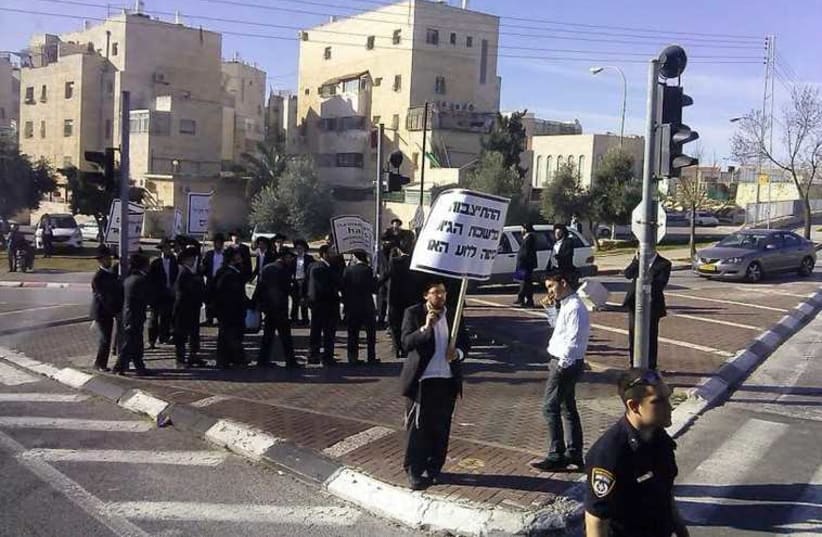Ultra-Orthodox community preparing to protest new Jerusalem cinema complex
Yes Planet has built the new complex on the major Hebron Road thoroughfare outside the Abu Tor neighborhood in south Jerusalem, and is facing backlash by Haredi organizations.
